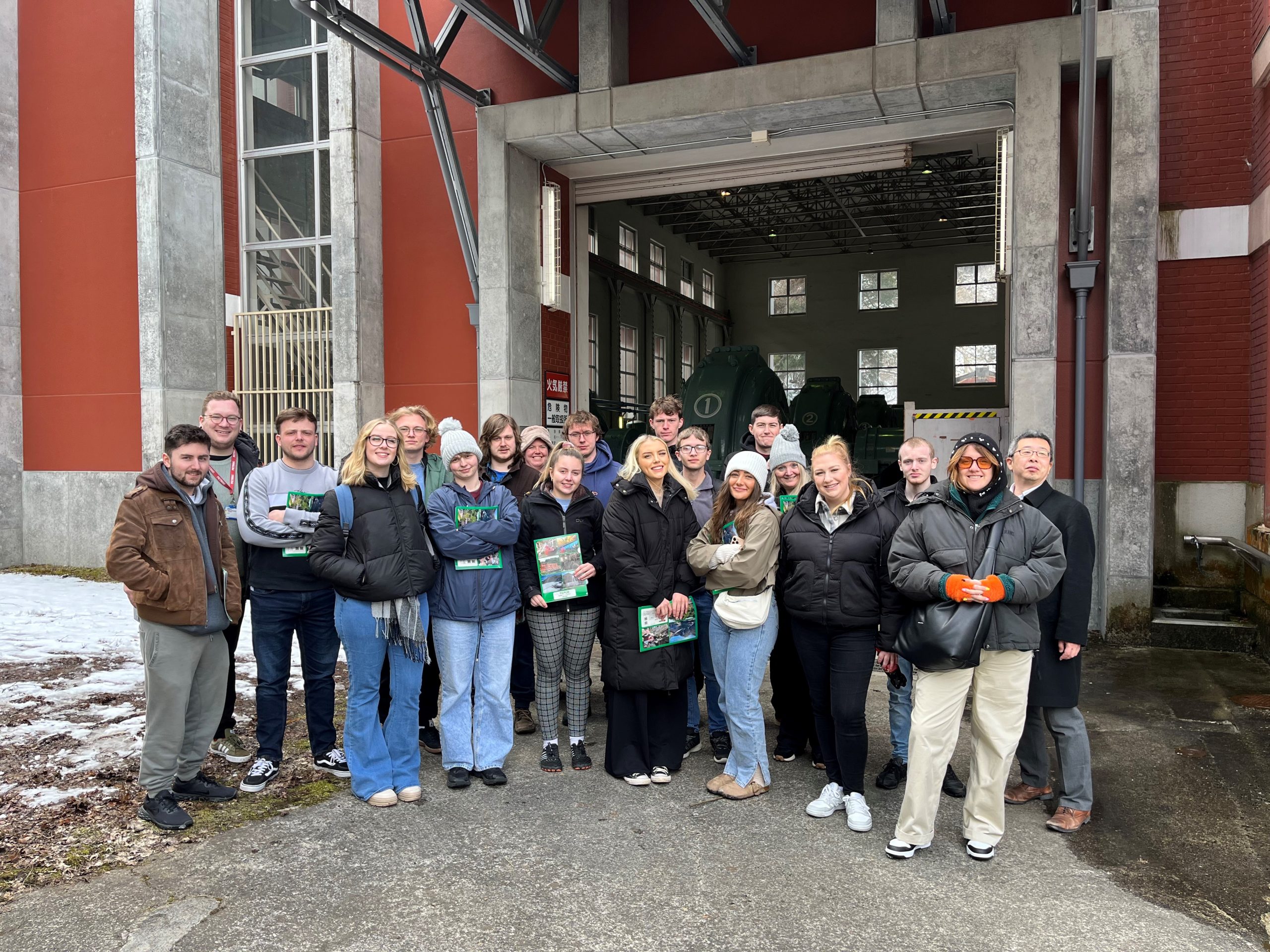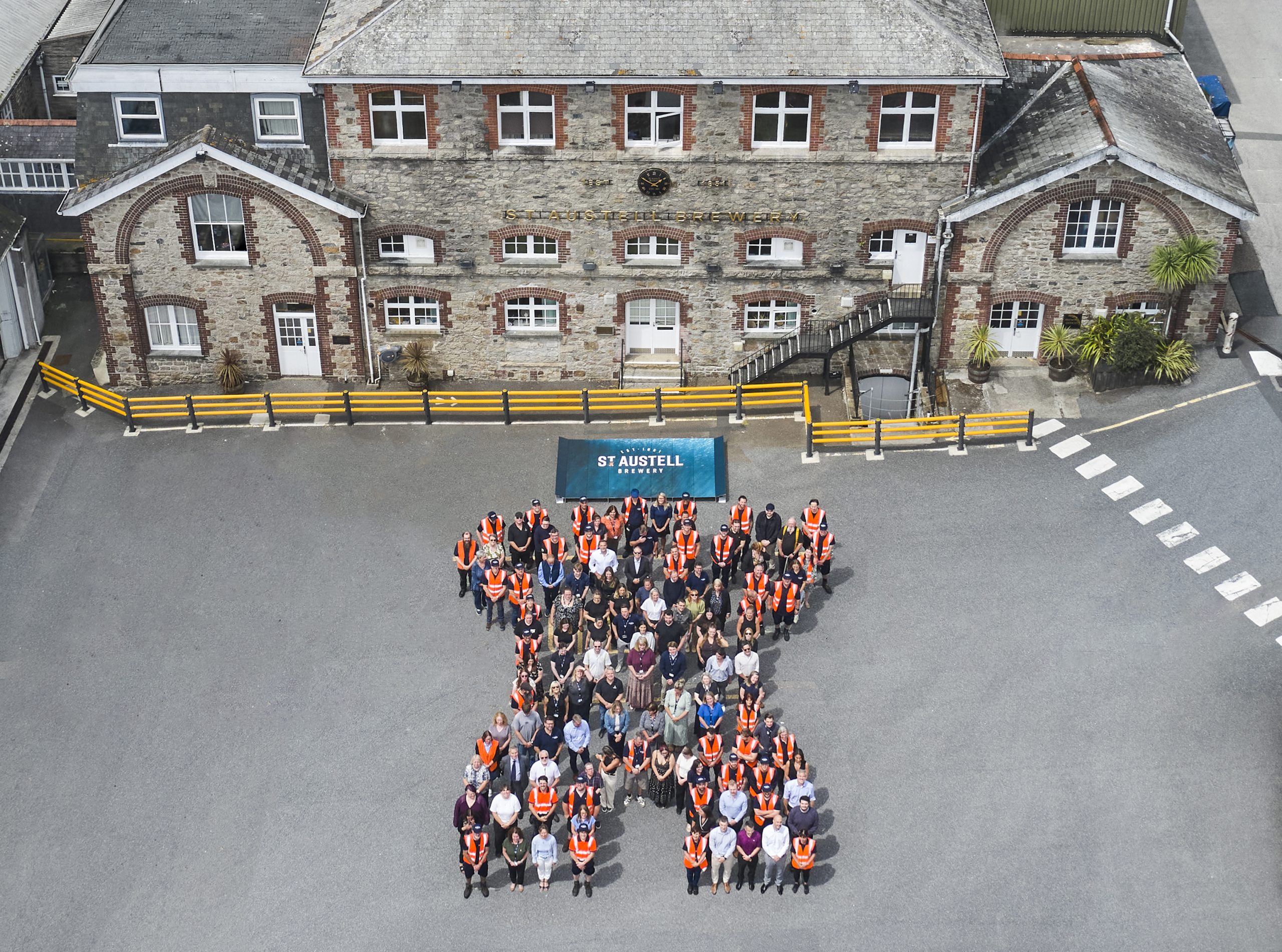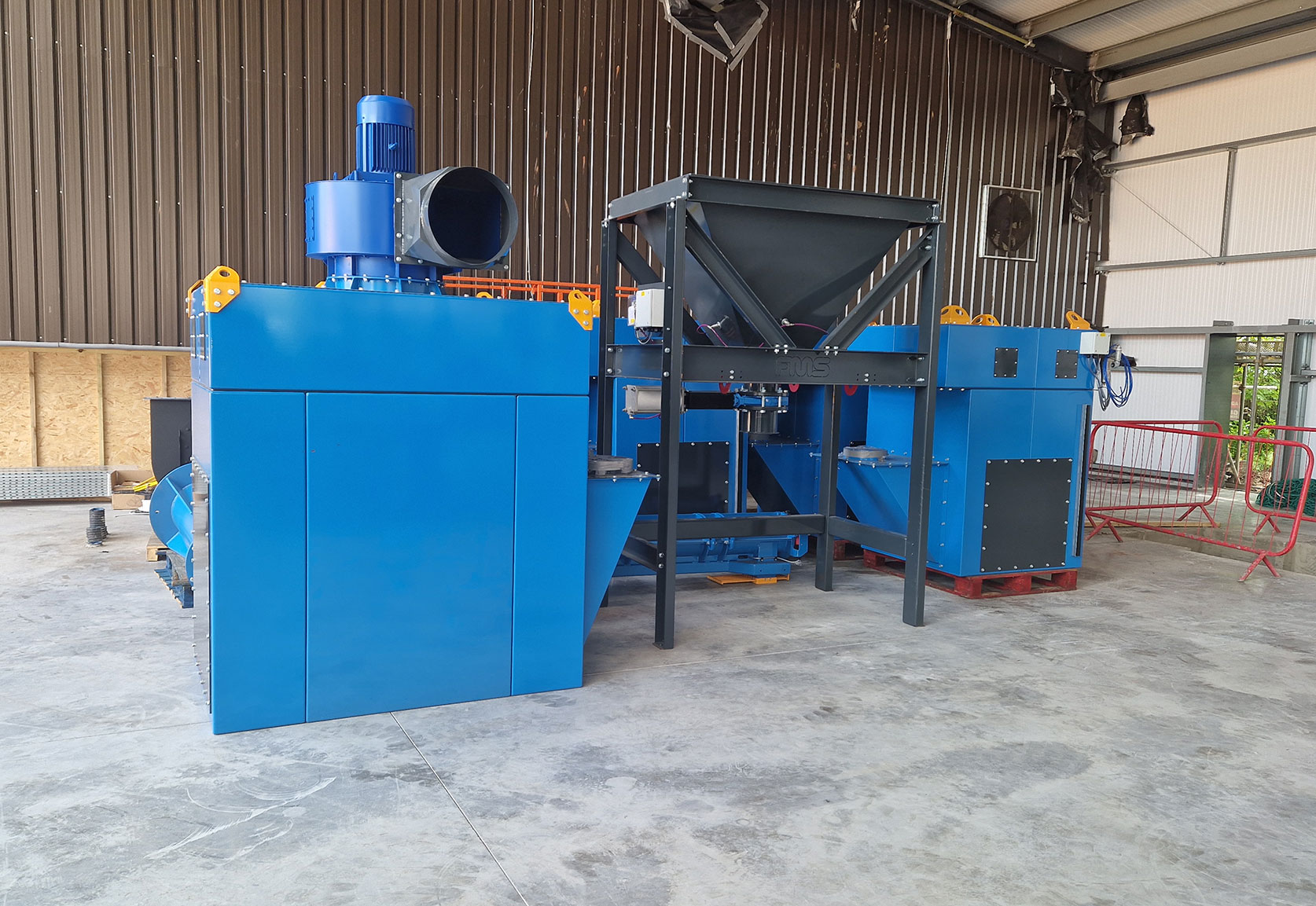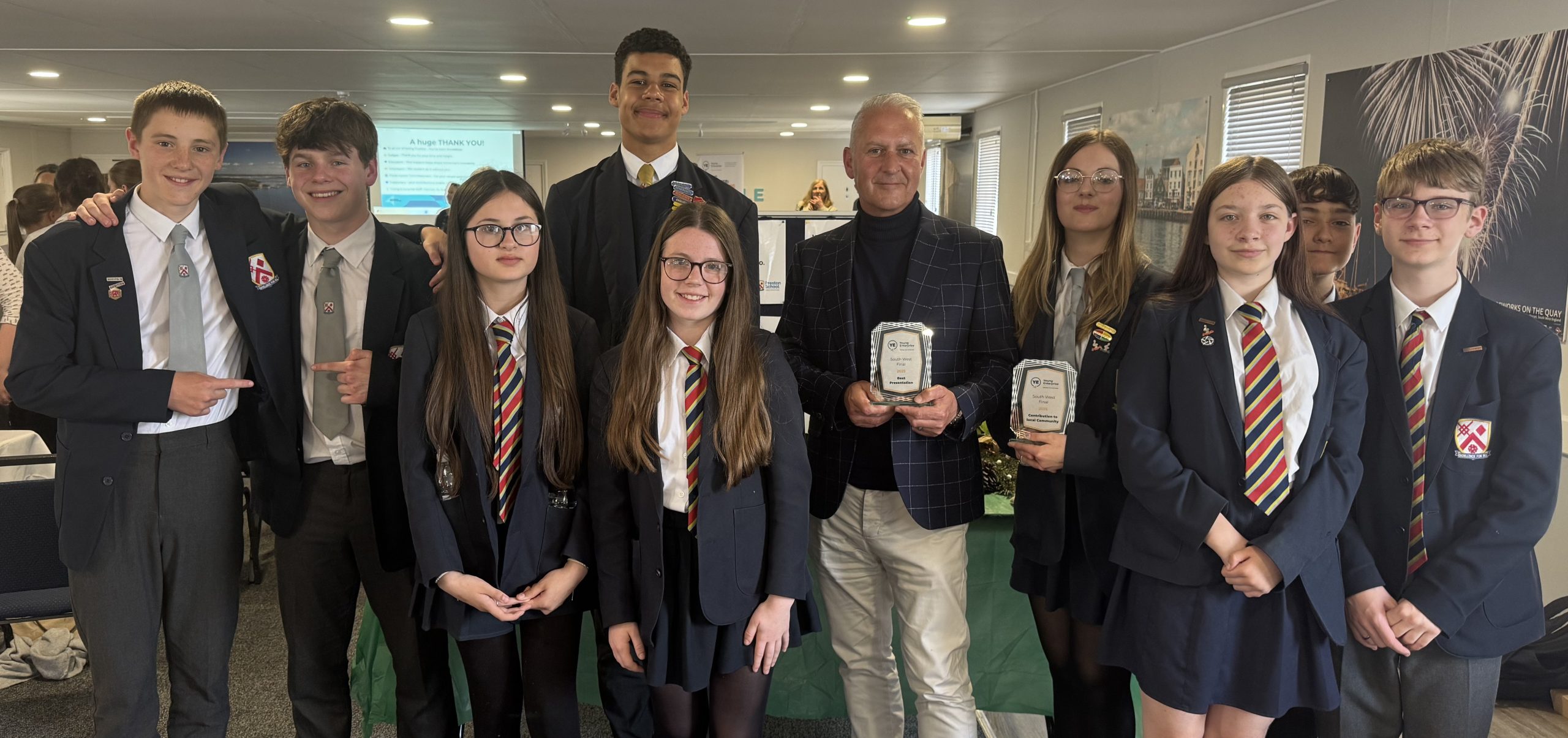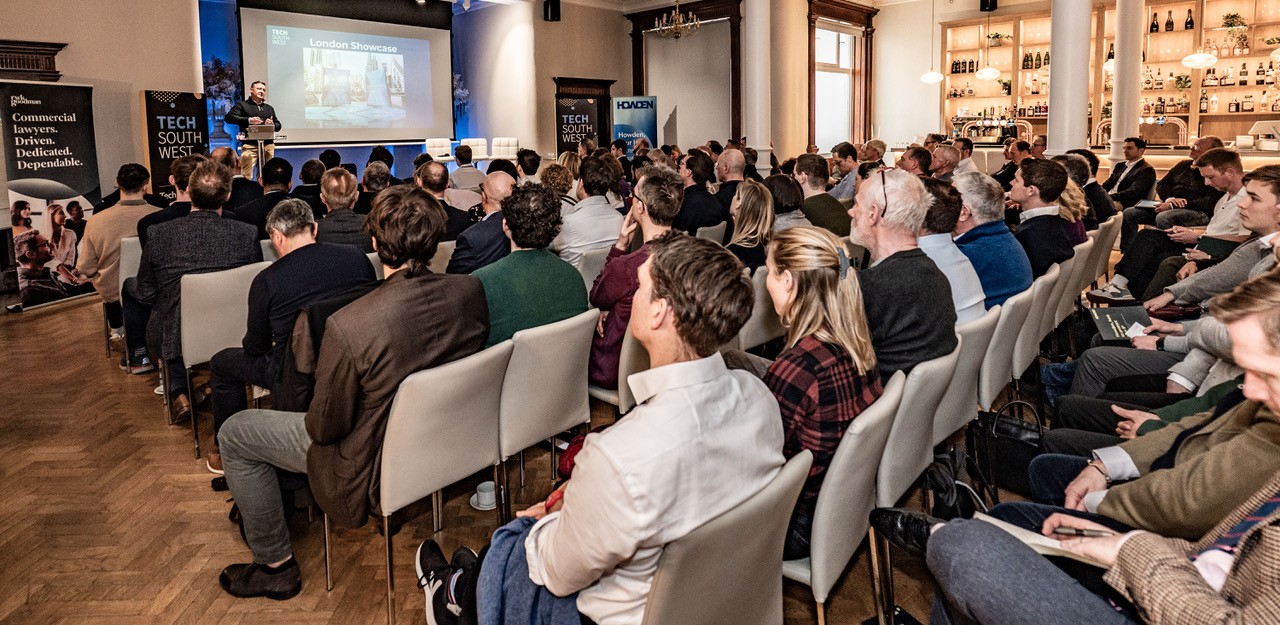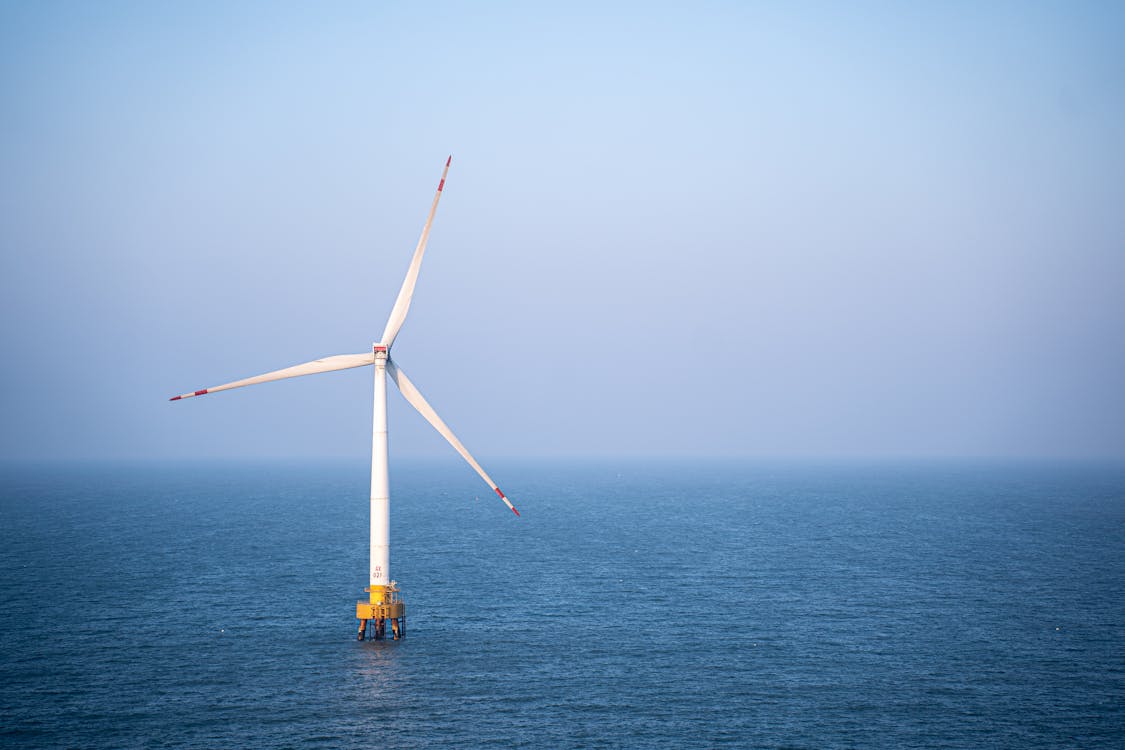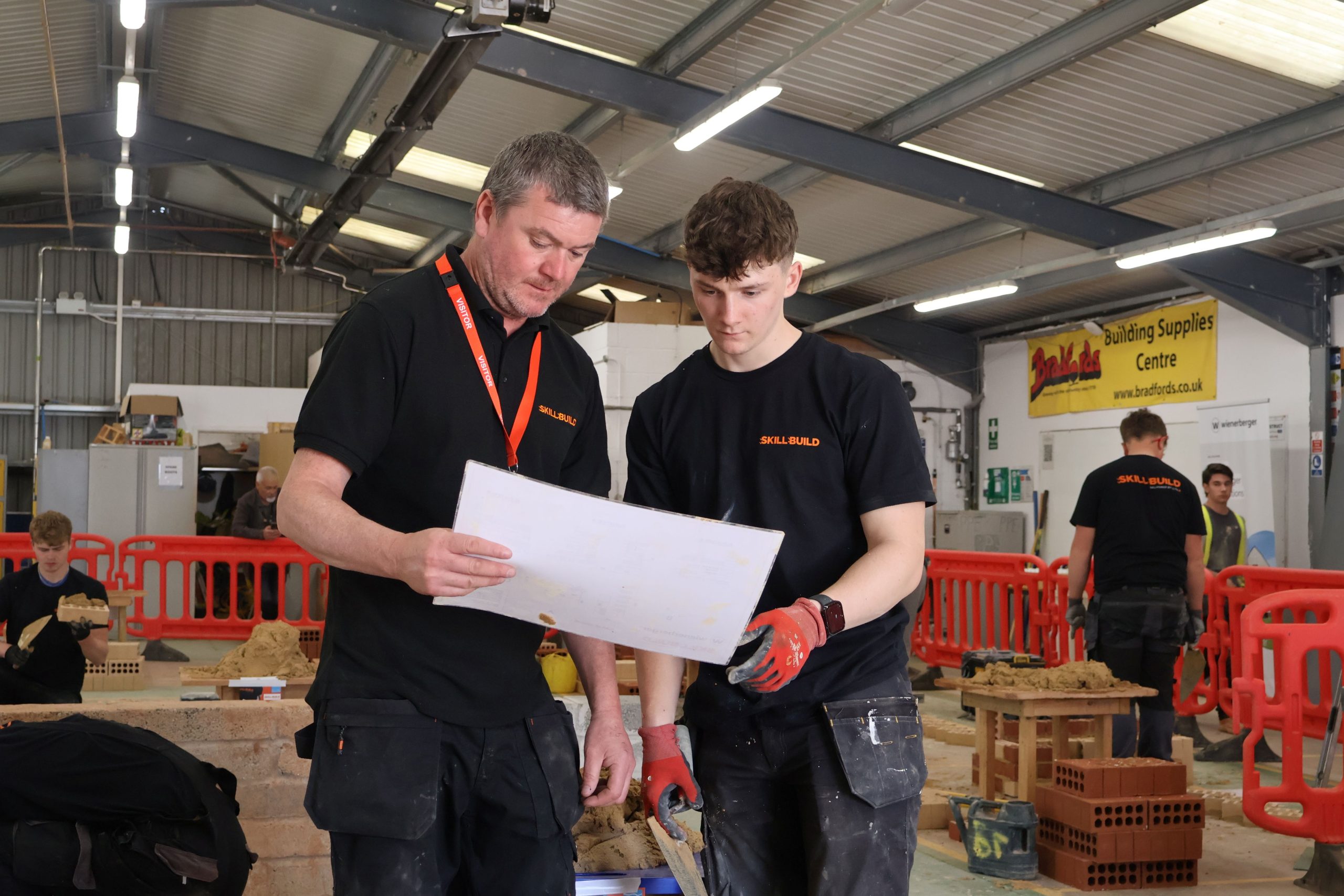Authored by Petroc.
RENKEI: STUDENT COLLABORATION FOR A NET ZERO FUTURE
In March, twenty-two University Centre students studying on degree, higher apprenticeship, or Access programmes, visited Japan as part of the Turing UK mobility scheme. Working in partnership with Fukushima College, the trip focused on developing the green skills needed for a future net-zero economy. Japan has a bold plan to cut carbon emissions by 46 percent by 2030 and achieve full carbon neutrality by 2050.
Arriving in the capital, Tokyo, the students spent a few days visiting the city gardens and shrines. They took a coach trip to the Mount Fuji and Hakone lakes area, experiencing Japanese culture, language, and food, and had the opportunity to gain confidence navigating the Tokyo metro system. Travelling to Fukushima City by Shinkansen (bullet train), the college-based sessions included the opportunities for UK and Japanese students to work together on icebreaker sessions, exchange phrases and master the use of Google translate! There was also an introduction to the Fukushima Innovation Coast Framework (FIPO), a national project aiming to restore the coastal zone following the Great East Japan Earthquake (magnitude 9.0), Tsunami, and subsequent nuclear disaster in 2011. The plan was designed to enable a faster recovery for the region by building a new industrial zone based on technologies in robotics, drones, energy, the environment and aerospace. Skills development and job creation sit at the very heart of the initiative, alongside research and attracting new industries and commercialisation.
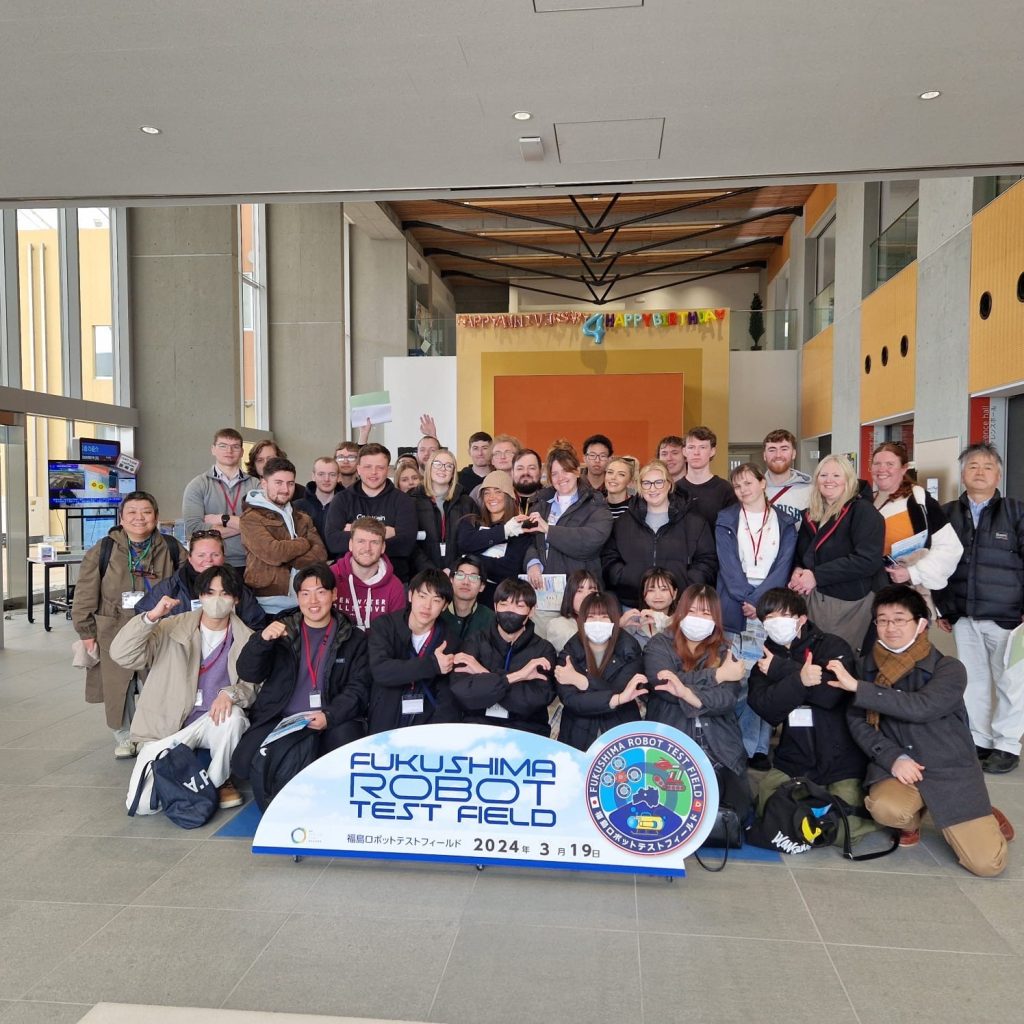
The UK group were lucky to see how the FIPO plan was working in practice with a series of visits in the Fukushima Coastal region. The group visited the Fukushima ROBOT test-field, the Minami-Soma Incubation Centre, TEPCO Tomioka Decommissioning Archive Centre and NARREC, JAEA Naraha Centre for Remote Control Technology Development, where they had the chance to navigate crawler robots and fly drones through hoops. They also stayed overnight at IKOI-Namie, a hydrogen-powered hostel.
In addition to experiencing hydrogen–powered accommodation, the group learnt more about Namie, Japan’s Green Hydrogen Centre, through presentations from the Namie town administrator, a visit to the NEDO Fukushima Hydrogen Energy Research Field and Michinoeki Namie, a roadside station using solar power and the hydrogen produced at the Fukushima Hydrogen Energy Research Field (FH2R), one of the world’s largest hydrogen production bases, to generate electricity for lighting and air conditioning.
Beyond the technological innovations, there was an opportunity to understand the events and profound impacts of the earthquake on the coastal communities. This was particularly poignant as the coach drove towards the shoreline and the group visited the FIPO, 3.11 Disaster Memorial Museum. Exhibits showing the damage caused by the earthquake, explained the impact of the tsunami and nuclear accident, and featured stories of survivors and videos showing the decommissioning effort and reconstruction. These exhibits triggered mixed emotions of both heartbreak and hopefulness. Day to day resilience, alongside a long term national strategic plan, were highlighted as the drivers behind the recovery and resurgence, despite the largest magnitude earthquake ever recorded in Japan and the third largest in the world since 1900.
The final few days in Fukushima involved a Kendo demonstration and an opportunity for the UK students to participate in a bespoke training session. Kendo is a modern Japanese martial art, descended from Kenjutsu that uses bamboo swords and requires concentration, breathing, skill and agility. It involves high levels of self-discipline and is certainly harder that it looks! There was also a visit to the Aizu ‘mountain’ region, which included the chance to see the Inawashiro Daini Hydro Power Plant, originally constructed in 1918, and still producing 63MW of electricity for 12,500 local households. This was followed by cultural visits to a Nisshinkan, or traditional ‘samurai’ school building, and Tsurugajo Castle in Aizu-Wakamatsu City, a Samurai’s traditional house from the Edo-era.

Our time in Fukushima and in Japan reinforced the power of collaboration, or ‘renkei’, and provided an opportunity to both understand the past and unlock the opportunities of the future. We now have twenty-two advocates living, studying and working in the Southwest ready to develop our green economy and net-zero aspirations.
The University Centre is hosting a Green Hydrogen Skills Policy dialogue on Wednesday, 3 July, in North Devon. If you would like to attend, please contact [email protected]

